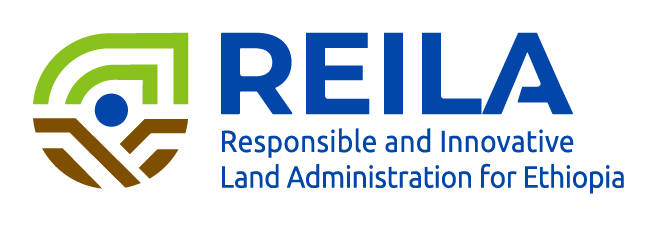Ensuring Equal Access to Land for All
The REILA Project is committed to inclusive and equitable land administration, ensuring that women, marginalized groups, and vulnerable communities benefit from secure land tenure. Through gender-sensitive policies, affirmative actions, and public awareness initiatives, REILA promotes equal land rights and active participation in land governance.
Key Initiatives for Social Inclusion
Gender Equality in Land Certification
Women’s Land Rights Protection
- Co-titling of land certificates ensures that both husband and wife are legally recognized as equal landholders, including in polygamous households.
- Mandatory women’s presence during land certification and transactions empowers women to actively participate in decision-making.
- Over 78% of land certificates in REILA-supported woredas were issued jointly to spouses or solely to female-headed households.
Public Information and Awareness (PIA) Programs
Bridging the Knowledge Gap
- PIA campaigns raise awareness about land rights, targeting women, vulnerable groups (VGs), and marginalized communities.
- Outreach activities include house-to-house visits, community meetings, and focus group discussions to ensure no one is left behind.
- Special efforts focus on informing women in polygamous households and rural areas about their land rights.
Free Legal Aid for Vulnerable Groups
Protecting the Rights of the Marginalized
- Legal support services are provided to women and vulnerable landholders facing land disputes or rights violations.
- Collaboration with regional justice offices and Assosa University Law School ensures that rural women receive free legal assistance.
Institutional Capacity Building for Inclusive Governance
Strengthening Land Administration Institutions
- Over 10,667 Key Information Agents (KIAs) were trained to advocate for socially inclusive land registration.
- REILA introduced gender-sensitive hiring policies, ensuring women’s representation in land administration offices.
- Women now hold decision-making roles in Kebele Land Administration and Use Committees (KLAUCs), bridging critical information gaps.
Promoting Women’s Economic Empowerment
Breaking Economic Barriers
- Women can now use land certificates as collateral for loans, fostering financial independence and entrepreneurship.
- Gender-responsive financial inclusion programs provide access to microfinance, business training, and investment opportunities.

